In honor of Black History Month im gonna let you know about a group of empires that don't recieve pages in text books, though most of the information are from them. Then i'll have a bunch of articles and shit for the non lazy man to read.
^mood music.
Ghana
Ghana is not the country we know today as Ghana. The country is actually named after the first of the 4 great Sudanic empires of West Africa (the word Sudan is arabic for land of the blacks, and isn't talking about the country btw).
The Ghana rose during the time of the Omayyad(Islamic) empire domination of the mediterranian, which in that time meant the world. This was also during the beginning of Europe's dark ages. Ghana was able to become powerful because for the first time, that innovation of using a camel as a means of transport became popular, thus connecting the isolated west african sub region to the rest of the world, and most notably the islamic world to the north. In due time Ghana became immensely rich and powerful, and begun to conquer it's neighbors. It was said by travelers to the empire that the king was so wealthy he was able to pave the roads leading to his empire with gold.
The empire was so rich that it a Moorish nobleman who lived in Spain by the name of Al-Bakri in the 11th century and wrote that the king:
[He] Gives an audience to his people, in order to listen to their complaints and set them right…he sits in a pavilion around which stand 10 horses with gold embodied trappings. Behind the king stand 10 pages holding shields and gold mounted swords; on his right are the sons of princes of his empire, splendidly clad and with gold plaited in their hair. Before him sits the high priest, and behind the high priest sit the other priests…The door of the pavilion is guarded by dogs of an excellent breed who almost never leave the king's presence and who wear collars of gold and silver studded with bells of the same material
With was also a noted custom that social order was so strong that trade was able to be conducted in the following manner. A set of items for sale will be left on the side of the road unattended. From there, a purchaser leaves his amount of money next to the item and leaves, If he came back and his money was gone, he took the item, if not, he took his money and the saler waited for a high bid. This was able to be conducted without thief (a level of civility the west haven't even achieved).
What made Ghana the first great Sudanic empire was it's ability to conquer all known major routes to gold and salt for the purpose of trade using a calvary of over 200,000 (big nigga numbers for that time). It soon became a powerful cosmopolitan empire
Decline and Conquest
The empire began struggling after reaching its apex in the early 11th century. By 1059, the population density around the empire's leading cities was seriously overtaxing the region. The Sahara desert was expanding southward, threatening food supplies. While imported food was sufficient to support the population when income from trade was high, when trade faltered, this system also broke down. The growing power of the Almoravids soon led them to launch a war against Ghana in 1062 under Abu Bakr Ibu Umar to gain control of the coveted Saharan trade routes. The war was justified as an act of conversion through military arms . The Almoravids fought the Ghana empire for five years before reaching and laying siege to the capital city in 1067. For ten more years, under the leadership of Ghana Bassi and his successor Ghana Tunka Manin, the empire resisted. Finally, in 1076, General Abu-Bakr Ibn-Umar captured the capital and ended the state as an empire while converting many to Islam.
Ghana relevance to the scheme of things lines in the fact that it was to the Sudan (desert west africa) what Greece was to the west. It layed to foundations in government, law, culture, and civilization for it's successor state, one that often over shadows Ghana's place in history, the Empire of Mali







 Reply With Quote
Reply With Quote
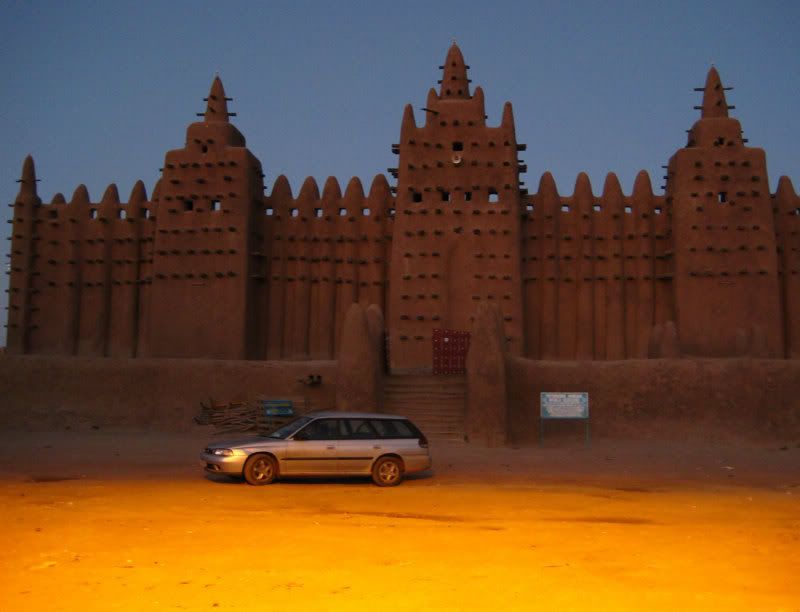
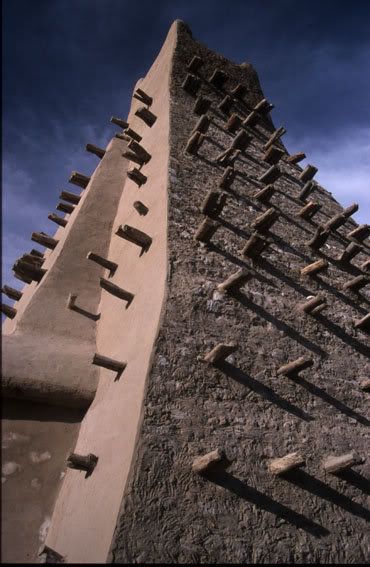


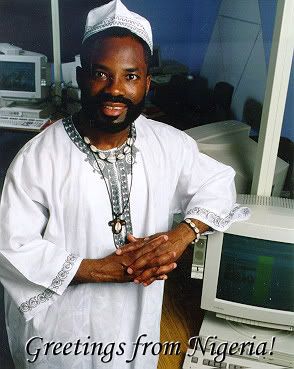

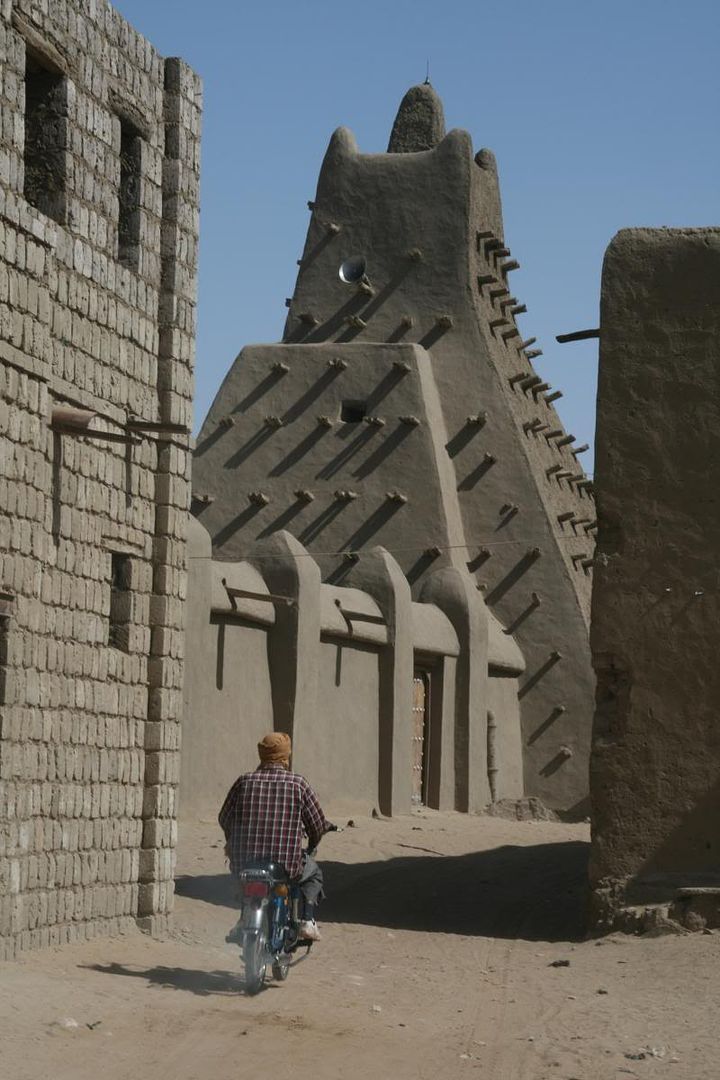

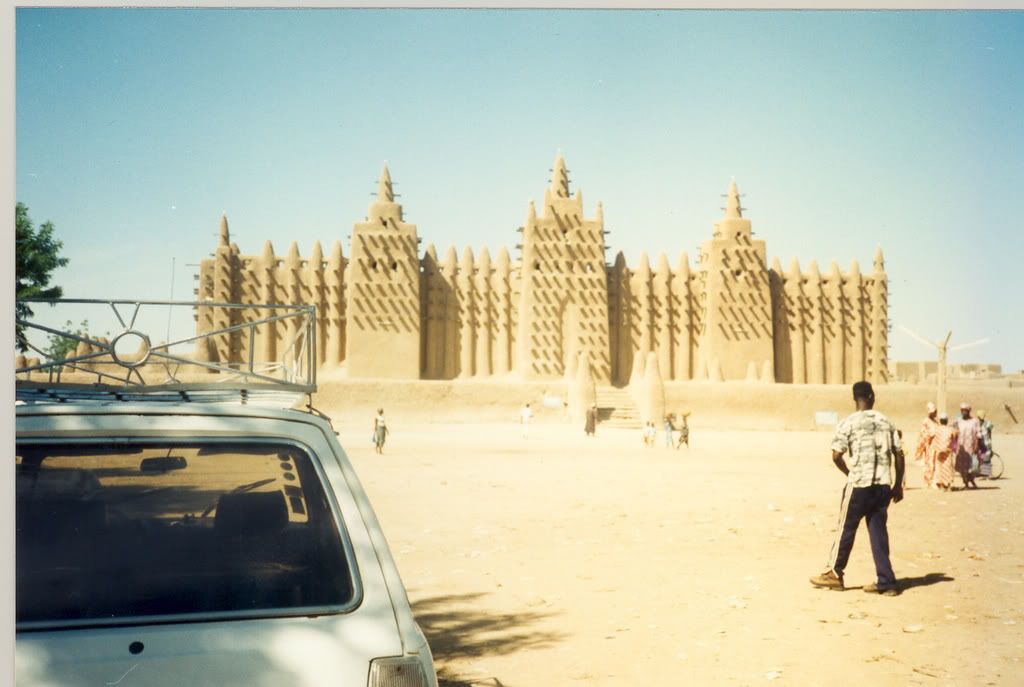

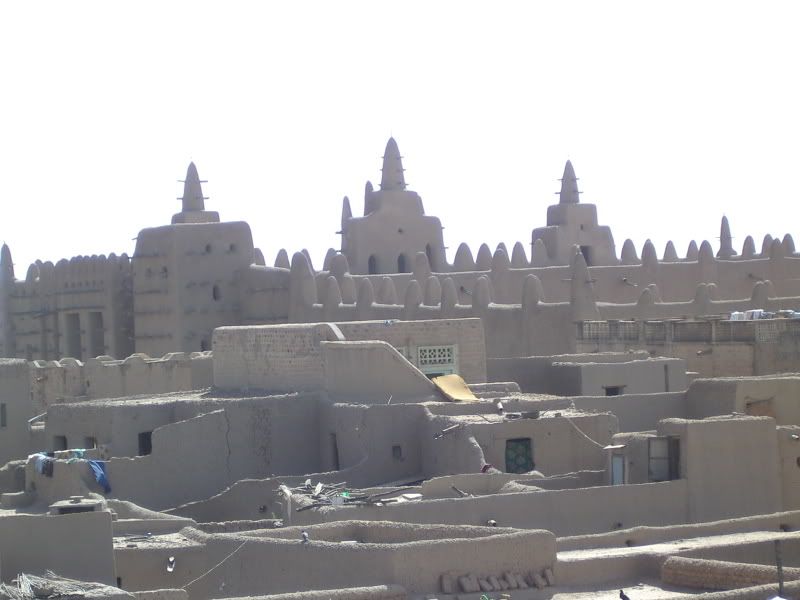
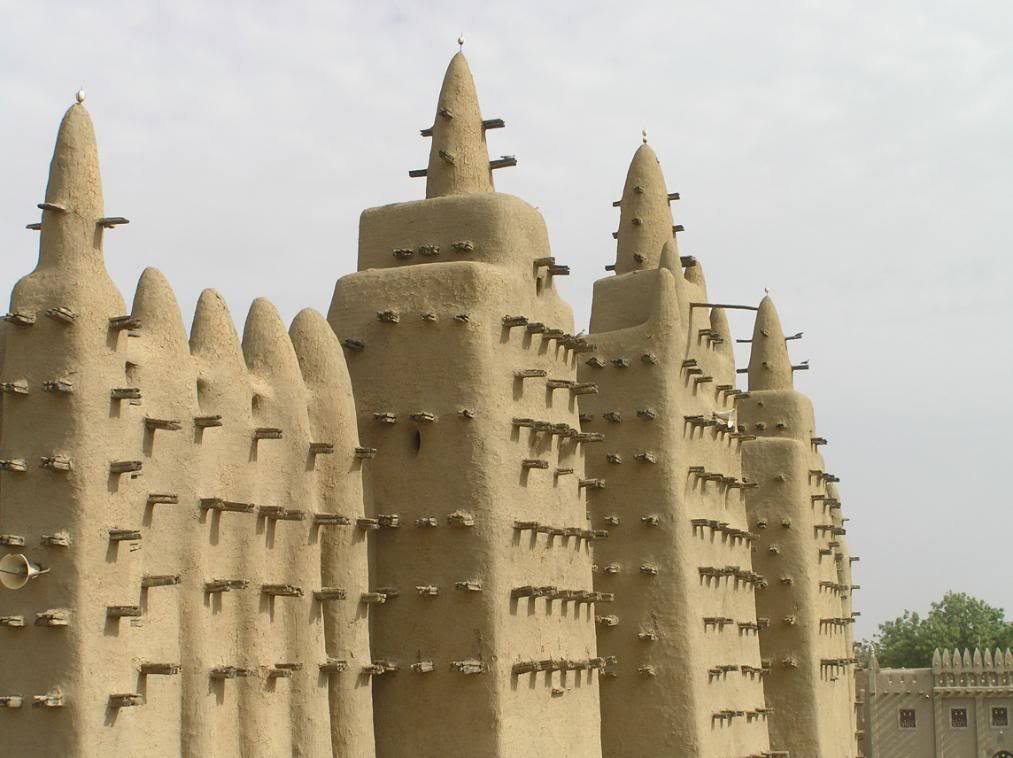
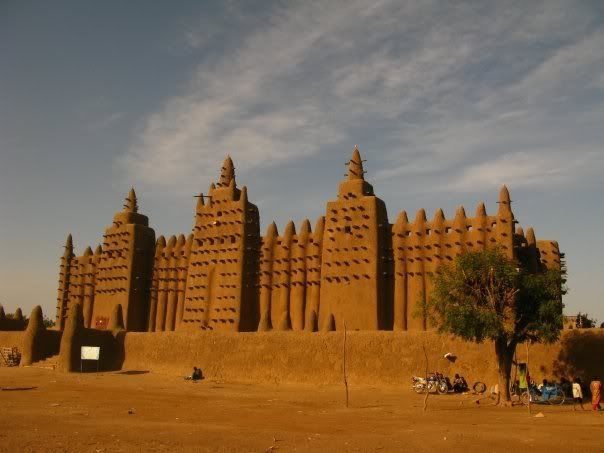
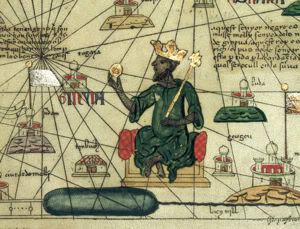
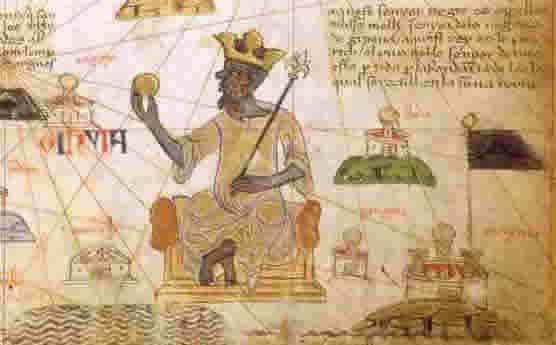

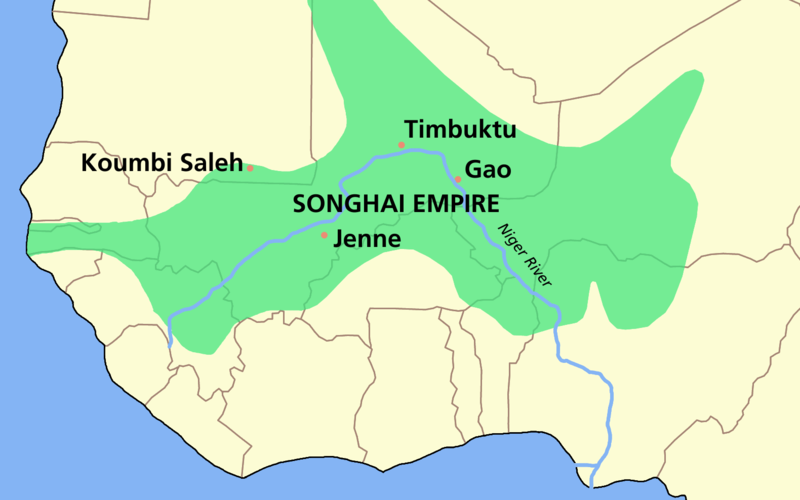
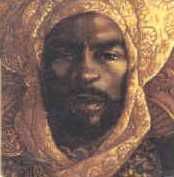
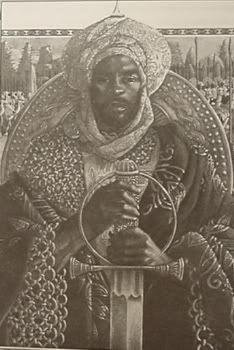
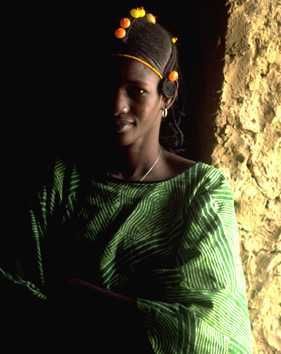
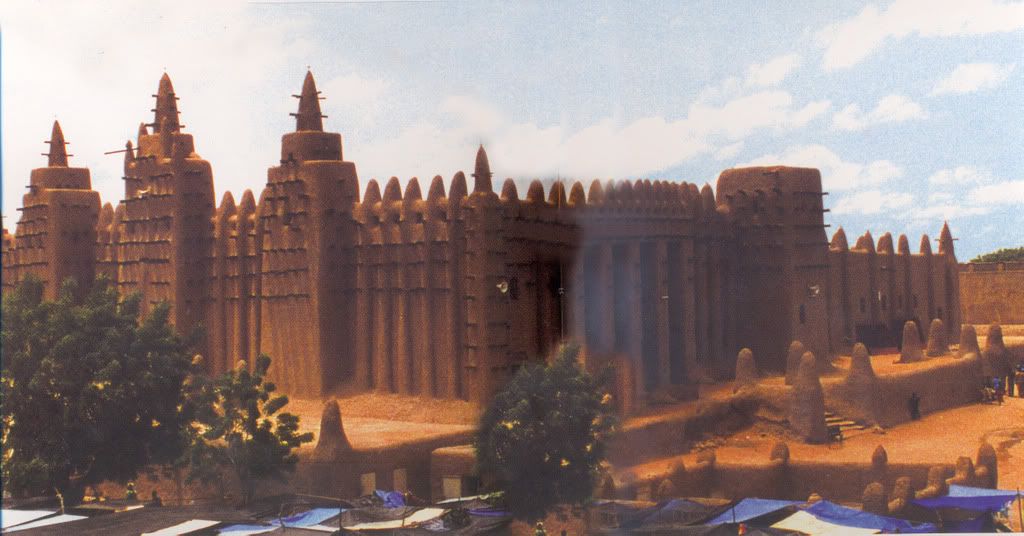
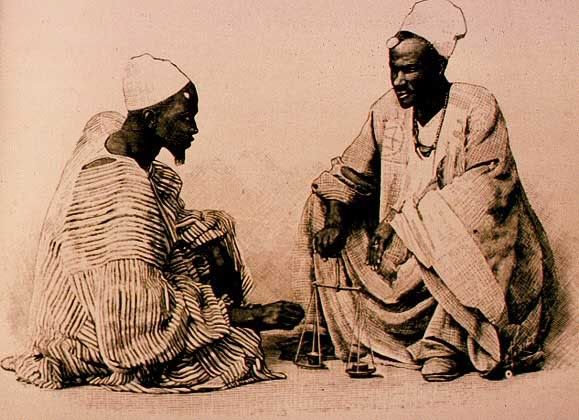
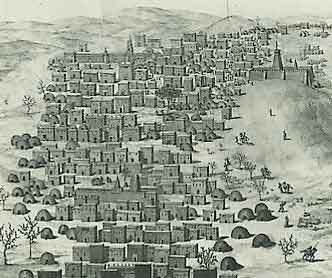
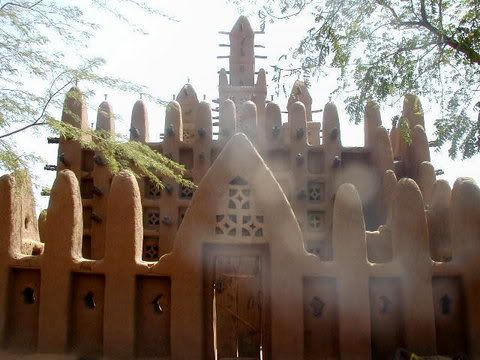

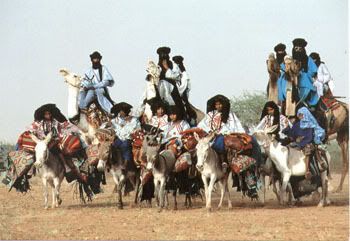

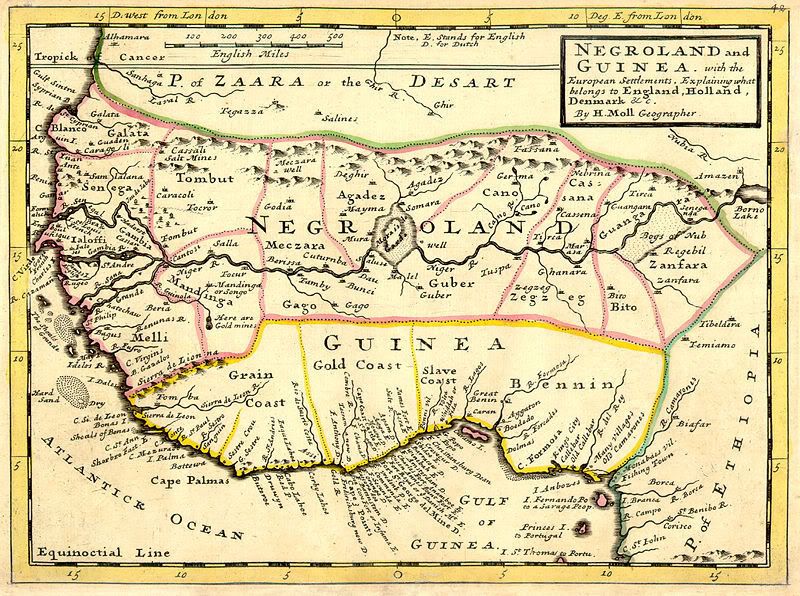
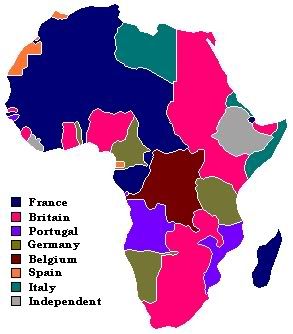
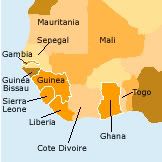





Bookmarks